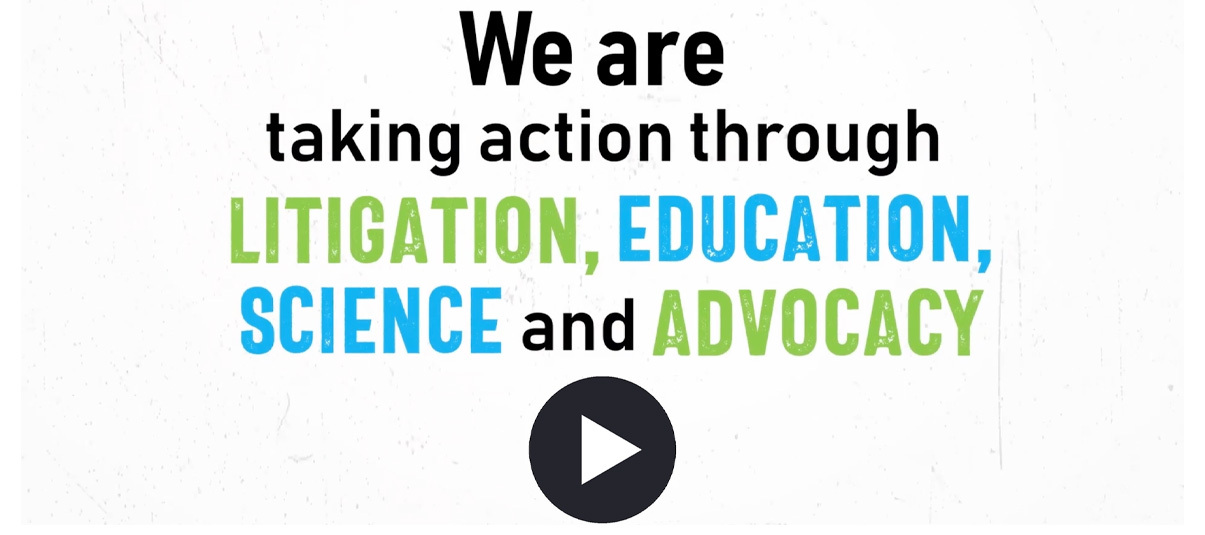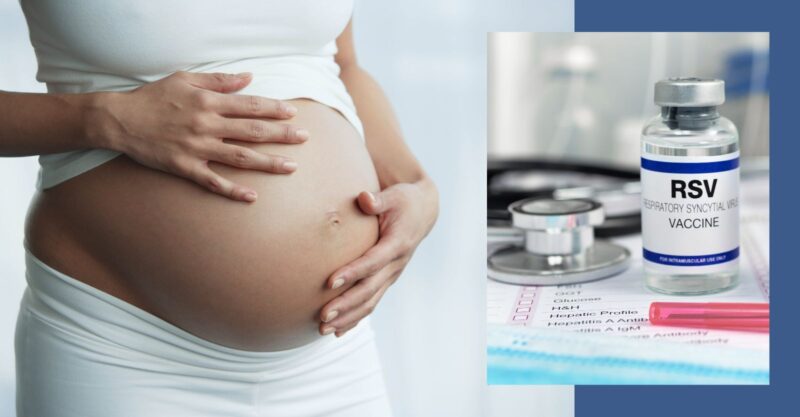Nearly 200 Safety Signals Linked to RSV Shots, Post-Marketing Study Shows
A peer-reviewed post-marketing analysis has found nearly 200 safety signals linked to RSV vaccines marketed to older adults and pregnant women.
The study published in the journal Human Vaccines & Immunotherapeutics, highlights serious neurological and blood disorders, as well as complications for pregnant women and their infants. These findings underscore the risks of RSV vaccines.
VAERS Data Reveals Alarming Patterns
Researchers examined nearly 28,000 adverse event reports in the Vaccine Adverse Event Reporting System (VAERS) for Pfizer, GSK and Moderna RSV vaccines. Using statistical methods including odds ratios and Bayesian data mining, they compared RSV vaccine reports to those of all other vaccines.
“The findings are alarming,” says Mccullough Foundation epidemiologist Nicolas Hulscher.
Pfizer and GSK: High-Risk Safety Signals
-
Pfizer Abrysvo: 103 safety signals, including fetal death, hemorrhage in pregnancy, and preterm birth.
-
GSK Arexvy: 91 signals, including paralysis, Guillain-Barré syndrome, mini-strokes, and cardiac failure.
-
Both vaccines show strong signals for immune destruction (thrombocytopenia) and serious neurological damage, sometimes over 200× more likely than with other vaccines.
Moderna’s mRESVIA: Too few reports to analyze fully, but included myocarditis and death.
Pregnancy Risks Are Particularly Concerning
Pfizer’s Abrysvo is the only RSV shot approved for pregnant women, but post-marketing data show serious pregnancy risks:
-
Hemorrhage
-
Fetal death
-
Fetal hypokinesia (reduced movement)
-
Preterm delivery, membrane rupture, and increased need for induced labor or cesarean sections
“These aren’t minor side effects,” Hulscher notes. “Clinical trials and real-world surveillance converge: these vaccines carry disproportionate risks to mothers and infants.”
Why Post-Marketing Surveillance Matters
Clinical trials often cannot capture all real-world adverse events. Post-marketing surveillance, like VAERS analysis, is critical to identify serious safety risks.
Most adverse events occurred within the first week, though serious events sometimes appeared later. Reports were most common among older adults and pregnant women, with Pfizer’s vaccine showing the highest number of incidents.
Historical Context
RSV vaccines have a long history of safety issues:
-
1960s: Early RSV vaccines caused infant deaths.
-
2022–2023: GSK stopped developing its RSV shot for pregnant women due to preterm birth signals.
-
2023–2024: Pfizer’s Abrysvo was approved for pregnant women despite clinical trial signals of preterm birth.
CHD Canada Statement on RSV Vaccines
Given the growing body of peer-reviewed research and post-marketing data highlighting serious adverse events and historical safety concerns, CHD Canada urges Canadians to review the available safety information carefully before making any decisions regarding RSV vaccines.
Parents should be aware of the real-world risks of these injections, including neurological events, blood disorders, pregnancy complications and immune-related issues.
Health decisions should be guided by peer-reviewed research, independent safety assessments and post-marketing surveillance, rather than marketing claims or regulatory approval alone.
Sources:
Human Vaccines & Immunotherapeutics, September 2025
CHD’s The Defender
**************************************************************************************************************************

